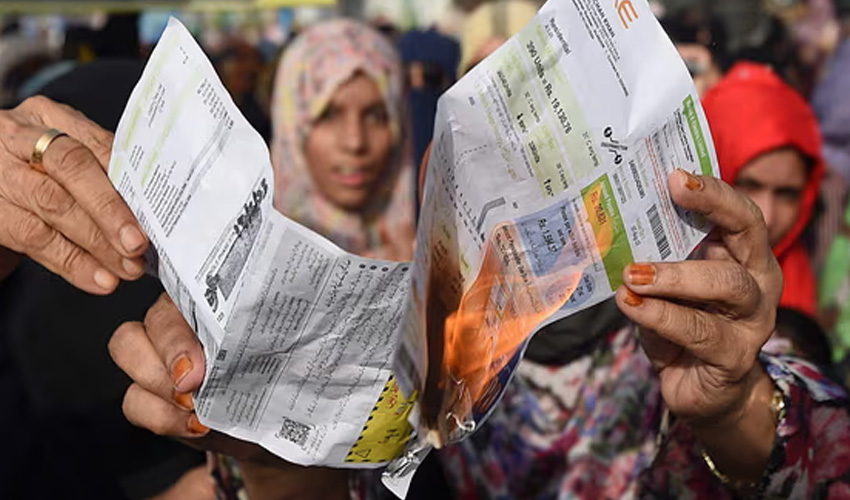The federal government has decided to withdraw the recent electricity price increase for consumers using up to 200 units per month, offering significant relief to millions of households.
This decision, driven by Prime Minister Shehbaz Sharif’s directive, aims to provide substantial financial relief to low and middle-income families across the country.
Prime Minister Sharif has ordered the federal cabinet to approve the circulation summary on an emergency basis to expedite this relief measure. According to the government’s plan, the revised tariffs will apply to consumers using up to 200 units of electricity from July to September 2024.
To offset the impact of this decision, the federal government will provide a subsidy of approximately Rs50 billion. This substantial subsidy is intended to ease the financial burden on the national exchequer while ensuring immediate relief for consumers on their electricity bills.
For lifeline customers, who are among the most economically vulnerable, the government has maintained the existing tariffs to provide continuous support:
Consumers using up to 50 units per month will continue to pay a tariff of Rs3.95 per unit.
Consumers using between 51 and 100 units per month will have their tariff remain at Rs7.74 per unit.
These measures ensure that the most financially constrained households are protected from any increase in their energy costs.
With the prime minister’s endorsement, the increase for consumers using up to 200 units will be officially withdrawn today. This decision reflects the government’s commitment to alleviating the economic pressures faced by citizens, particularly in light of the current economic challenges.
Recent estimates indicate that the country is grappling with a significant electricity shortfall of 5,600 megawatts, leading to extensive load shedding across urban and rural areas. Sources in the Power Division report that the national power demand stands at 25,000MW, while production is lagging at 19,400MW.
As a result, electricity load shedding has reached up to eight hours in urban areas and 10 hours in rural regions. In areas experiencing high line losses, residents are enduring even longer durations of 12 to 14 hours without power.
On July 5, Pakistanis grappling with inflation were dealt another blow as the National Electric Power Regulatory Authority (NEPRA) announced a substantial hike in the power tariff. The new tariff translates to an increase of Rs3.32 per unit, directly impacting household and business budgets.


